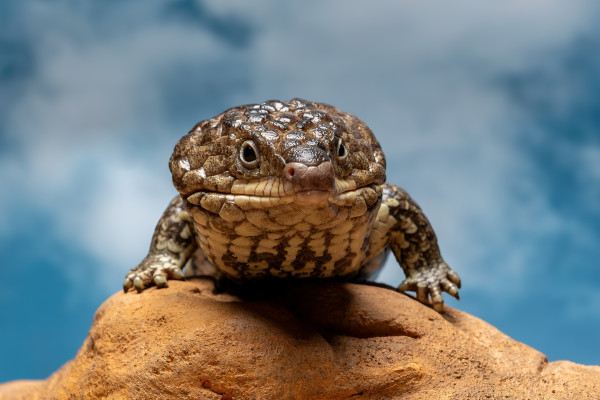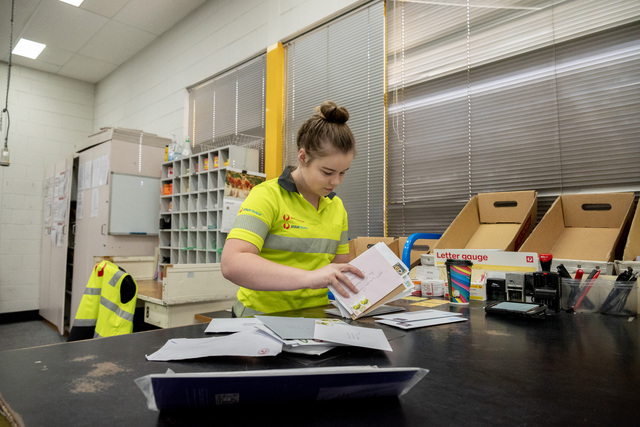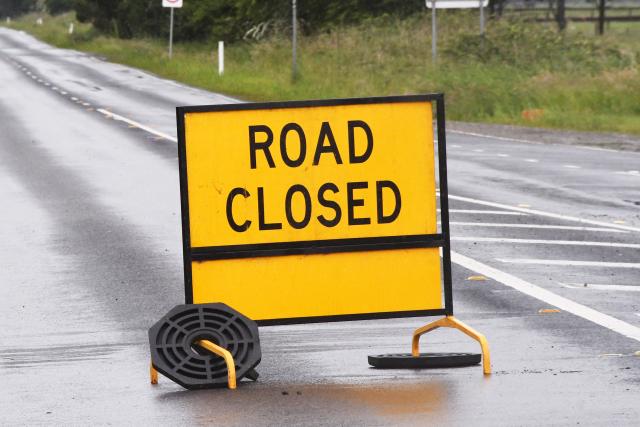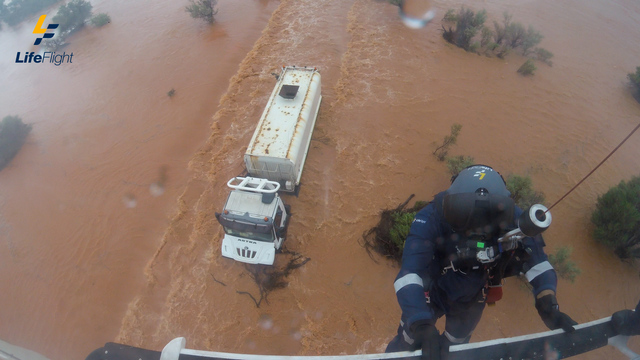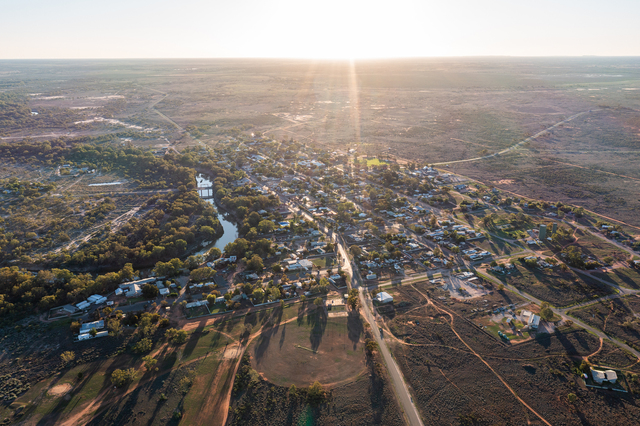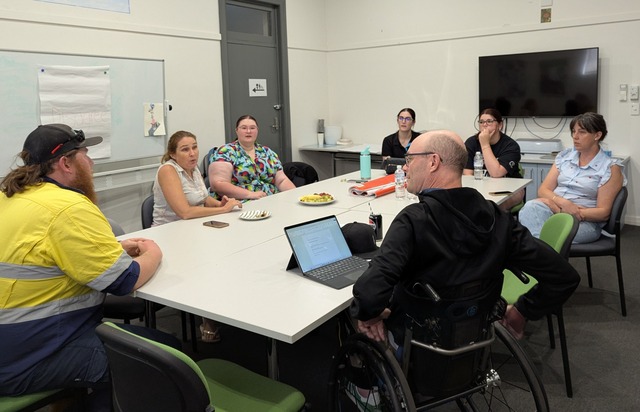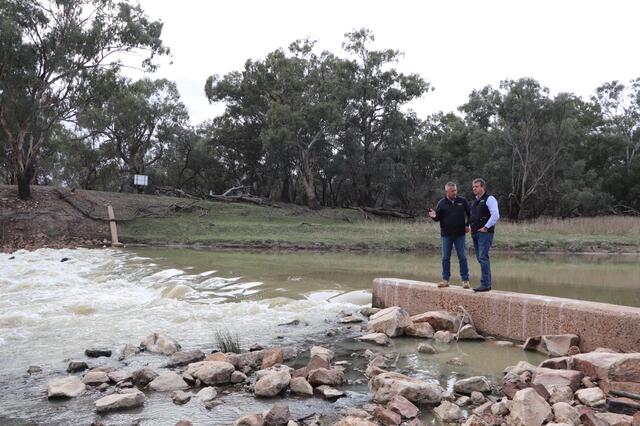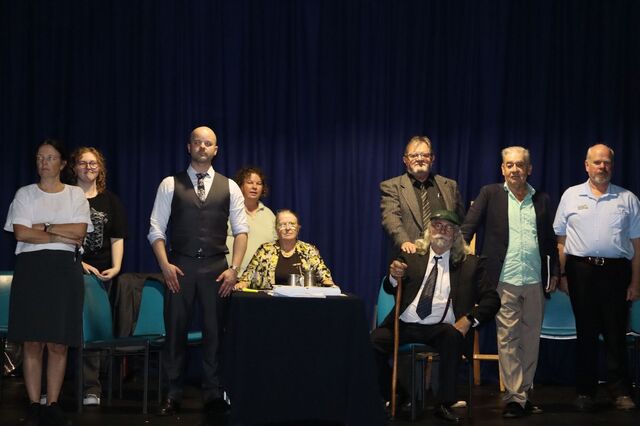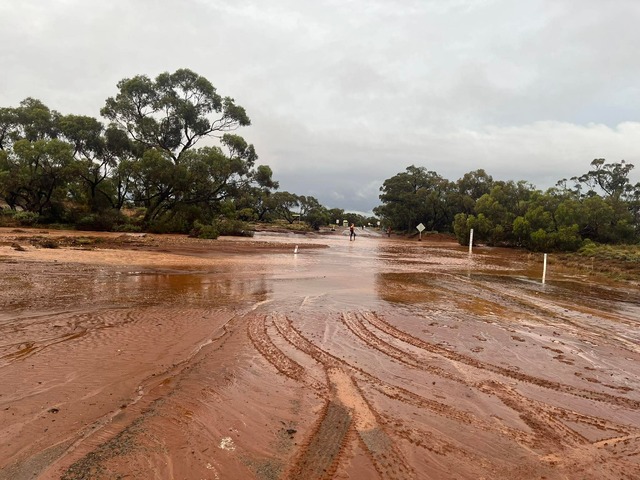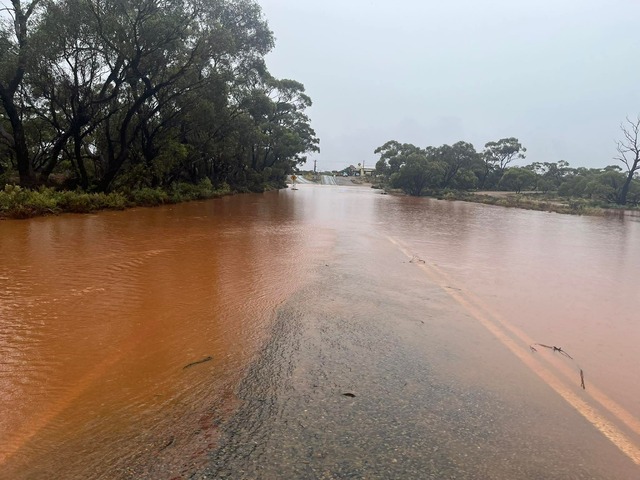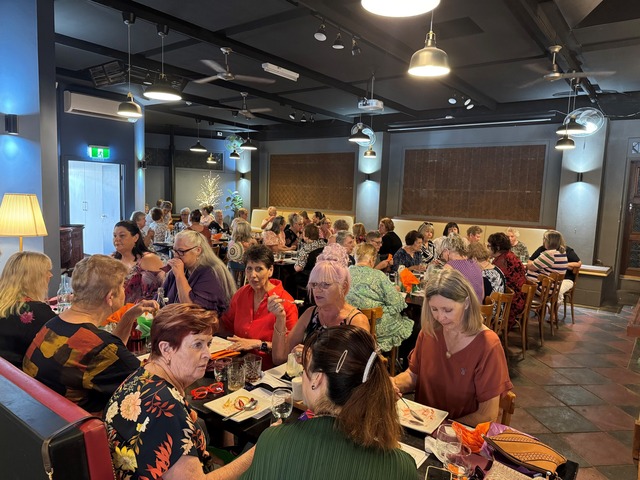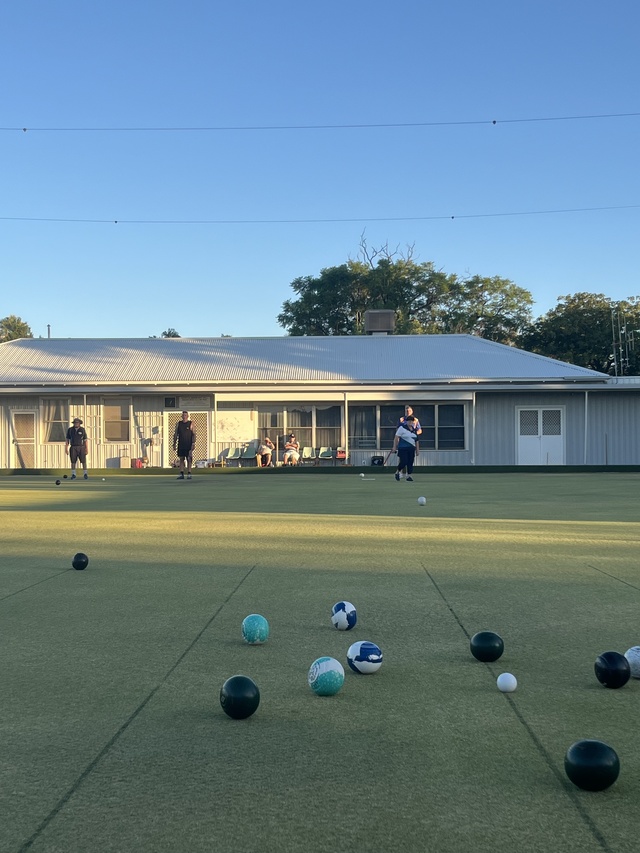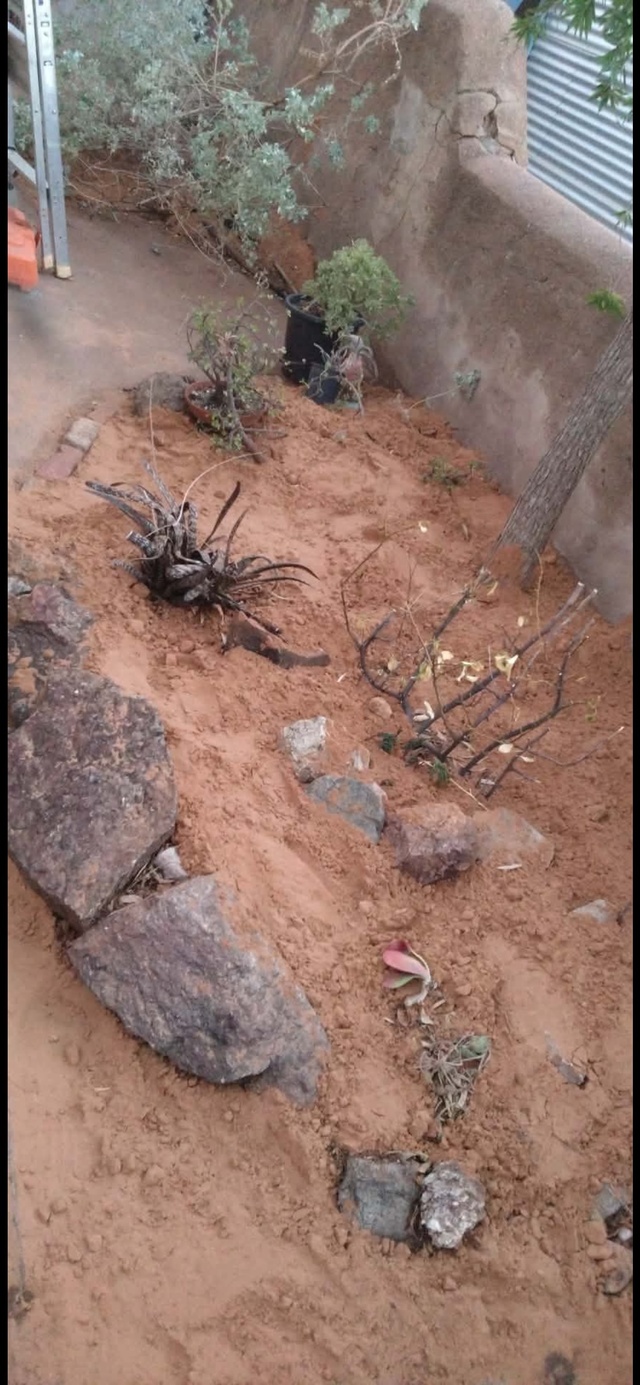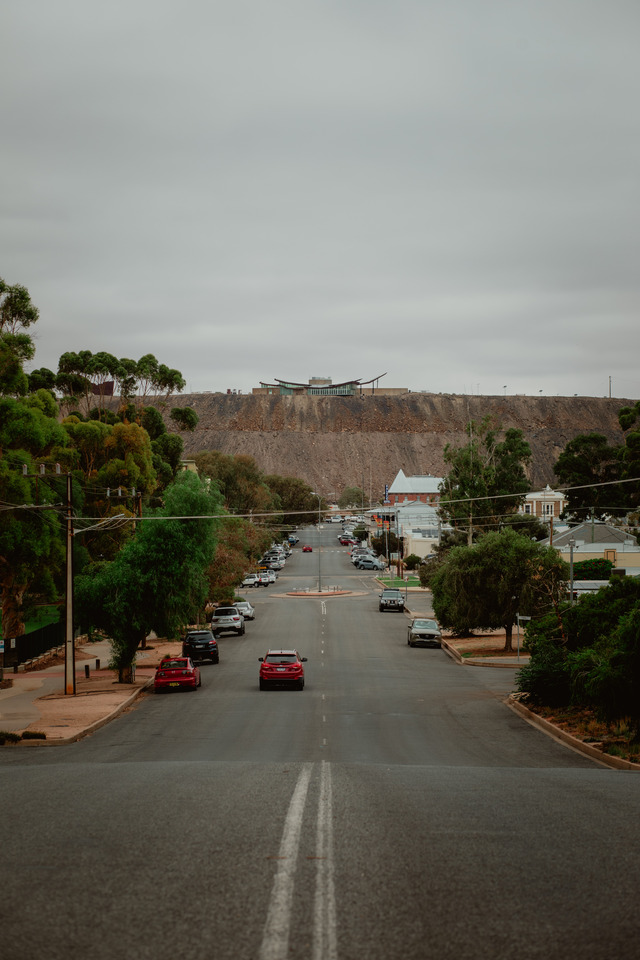REPORTS of alleged native animal poaching have been made with lizards hot property in domestic and international trade rings, poachers being brought to justice, and talks of the reptiles even being swapped for drugs.
As part of Australia’s national environmental law, the Environment Protection and Biodiversity Conservation Act 1999, or EPBC Act, any movement of animals in and out of the nation is tightly controlled.
Outlined in the Act are laws relating to the export of living native reptiles in a commercial setting, and rule making it illegal.
Local snake catcher Ash McInnes said the poaching has been going on for years, despite his efforts to spread awareness of the issue.
“There’s been many instances where people have been reported to possess wildlife that they’ve taken from the wild,” he said.
“Recently we put out some flyers around all of the major supermarkets and local shops about poaching, but I don’t know whether any of it hit home.”
Mr McInnes said that people report poaching to him all the time, but a lot of them are just asking questions about what they can do.
“Recently I had a lady message me saying ‘a person I know has this lizard. I know they’ve caught it from the wild. It’s in a tank. It’s not being looked after. What can I do?’,” he said.
“The advice is that there’s not much you can do except convince them to surrender the animal.
“Wild reptiles don’t do well in captivity and typically reptiles that are poached from the wild die in captivity due to neglect.
“I don’t believe the NSW Environmental Protection Agency have the resources to do anything about it at this stage, and unfortunately, I don’t think there’s anyone in town that has the authority to do anything about it either.
“National Parks locally do not have the authority to go into someone’s house and inspect it if someone says they’re keeping illegal reptiles.”
A spokesperson from National Parks NSW said the NSW National Parks and Wildlife Service has previously been contacted about alleged poaching of lizards around Broken Hill.
“NPWS investigated these allegations and did not find any evidence of wildlife offences,” the spokesperson said.
“There are no outstanding allegations to be investigated”.
The EPA was contacted to but said poaching of animals is typically not in their jurisdiction and declined to comment.
The problem is not just prevalent in regional areas, but nationwide, with the Minister for the Environment and Water Hon Tanya Plibersek releasing a statement last last month revealing that a man had been sentenced after attempting to post almost 100 Australian reptiles to Hong Kong.
The 39-year old Hong Kong national faces a three-and-a-half-year stint in jail after being caught attempting to export various animals including a monitor and geckos.
In the statement, Ms Plibersek said the Federal Government is trying to stamp out the trade.
“We know Australia’s wildlife are highly lucrative to criminals and organised crime syndicates, especially those animals that are already vulnerable or threatened with extinction,” she said.
“Wildlife trafficking is worth about $30 billion a year in the East Asia and Pacific region alone.
“The price of Australian reptiles on the international black market can be more than 28 times the domestic price.”
The regulation of illegal poaching and transport is monitored by various state agencies, according to the Department of Climate Change, Energy, the Environment and Water.
A DCCEEW spokesperson said any information in relation to illegal activity in the Broken Hill area of NSW should be reported directly through its site.
“It is illegal for individuals or businesses in Australia to trade Australian native animals to overseas markets,” the spokesperson said.
Mr McInnes said he also has had reports of lizards being traded and sold for drugs in the past.
“The story that I got given years ago was that people do trade them for drugs,” he said. “Obviously those animals are going to end up in the black market.
“We’ve had other sources tell us that there’s a big market overseas for them because they’re so exotic.
“Last I heard, a shingleback lizard in the black markets is worth tens of thousands of dollars.
“They’re a common animal in Australia and easy to polish off, it’s not like they’re fast.”
If someone has any information regarding illegal poaching or trade of native animals, they can contact the NPWS Broken Hill office on (08) 8084 2880.
Any information in relation to breaches of national environment law can be reported to environment.compliance@dcceew.gov.au.

